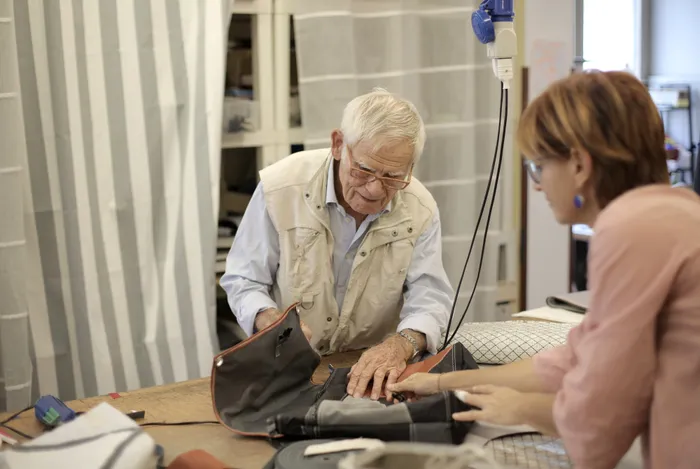
LOCKDOWN has increased South Africans’ risk of stroke and other cardiovascular diseases, according to the Heart and Stroke Foundation.
Public health specialist and researcher with the foundation, Professor Pamela Naidoo, said that during lockdown, many people who suffered strokes at home did not go to hospital to seek medical help – and this was seen across the private and public health-care systems.
“Particularly in hard lockdown, people were too afraid to go to a hospital or healthcare setting, because they were afraid of becoming infected with Covid. That is evidence-based, it’s not an assumption. People were too afraid to go in. There was a massive impact that we will soon be able to see in the numbers,” she said.
The evidence has already begun to emerge in an epidemiological study by the Medical Research Council (MRC).
“What the MRC found was that about 30% of deaths that were not reported as Covid, happened at home – 30% more than last year,” Naidoo said.
For those who survived a stroke at home, their quality of life afterwards would be significantly worse.
“If people didn’t get assistance or medical help, the impact of the stroke is greater, because they didn’t get help.”
This coming Thursday, is World Stroke Day. Naidoo said strokes are 30% due to genetic factors and 70% caused by behaviours – and our behaviours during lockdown had placed us at greater risk.
“Despite the ban on alcohol, people were binging when they were able to get it. Anxiety and depression increased, and with stress your blood pressure goes up. Half the people in this country are hypertensive, and half of that half don’t even know they’re hypertensive. Behaviour becomes quite a pivotal thing,” she said.
Financial pressures have forced poorer South Africans into making different food choices too.
“For people who lost jobs, the price of food determines, ‘Do I buy this?’ They’re opting for cheap, non-nutritious food, which is a huge risk factor for diabetes type 2, and heart disease and strokes,” Naidoo said.
The true impact will become clear within the next six months.
For stroke survivor Quincy Gilbert, it came as a shock that it could happen to him at just 36 years old.
Two years ago, he started suffering severe migraines and feeling hot all the time. He gritted his teeth and ignored the pain.
“I was still going to work. I was putting my job first, not my health. It’s a very difficult position to be in, when you’re the breadwinner,” he said.
“I thought it was something minor; thought I’ll get over it as usual.”
Little did Gilbert know, he had ruptured an artery in his leg, which would soon cause a blood clot to travel to his brain and result in a stroke and a brain bleed.
“Had I gone to hospital earlier then, I wouldn’t have suffered that stroke.”
He was at the office working at his graphic design job when it happened.
“I just started freaking out, having seizures and I collapsed. It was a horrible experience. I felt pain in my head that I’ve never felt before. All I remember is screaming and crying, like my head wanted to burst,” he said.
In the ambulance, Gilbert was in pain and fighting with the paramedics, demanding to know what was happening to him.
“They said I had a stroke,” he recalled.
“I said I thought that only happens to old guys on TV, not young men like me. But it affects everybody, it doesn’t discriminate, this thing.”
“I became disabled. For months I was in a wheelchair. The doctors said this guy will never walk again, but I refused to accept that,” he said.
“With physiotherapy I gradually got stronger. One day I got so frustrated with myself and I threw the wheelchair out of the house. I’ve been using a walking cane for the last four months.”
Gilbert’s stroke was accompanied by pain, but most strokes are not painful and some people ignore or dismiss the signs and symptoms instead of seeking medical help.
For more information on how to recognise the signs of a stroke, as well as what foods to eat to lower your risk of cardiovascular disease, visit heartfoundation.co.za
